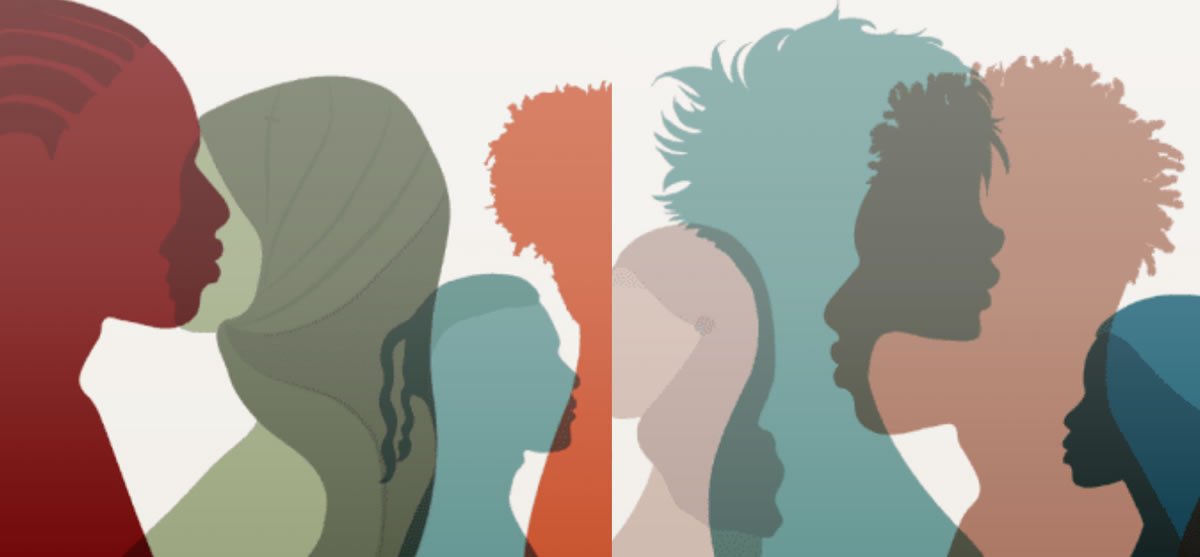Musa’s Story – A Truth Many of Us Understand Very Well
Musa couldn’t sleep. Each night, his mind filled with worries about work, family, and his future. This wasn’t something new, but his mental health was getting worse.
He felt tired. It was not only his body, but also his mind that felt worn out. His family told him to stay strong and keep going. They said, “others have it worse.” His uncle, an elder in the community, said he should see the native doctor for “cleansing.”
So, he did what many people do when facing their own problems: He prayed.
That’s how we are: when life gets tough, we look for something spiritual. Musa gave it a shot, but this time it didn’t work, and he felt confused.
For many off us, this is a familiar story, right?
We have a barrier that stops us from getting help for our mental health. This barrier comes from family, friends, and even from us. It is a tough thing to deal with.
It is easy to view our problems as something bad or a weakness we should keep quiet about. But what if finding a solution is simpler than we believe? What if therapy could really help?
The Reality: Mental Health Stigma
Let’s be honest: many people still don’t understand mental health problems.
About 20% to 30% of Nigerians face mental health issues at some point in their lives. However, 80% of these people do not ask for help.
Many people think that when someone has these problems, they have “lost their way.” Others feel that they are being punished for their actions.
Conditions such as depression are not often just caused by biology or psychology. Instead, many people view them as curses or attacks from the spirit. This negative view also comes from within us.
A survey from BMC found that 29% of Nigerians with mental health issues feel ashamed or believe they are not worthy of help. Many of them remain quiet because they worry about being judged by their families, friends, or communities.
So, what do we do about it?
Therapy: A Way Forward, not a Foreign Concept
If we want things to change and feel free to get help that works when our culture doesn’t, we need to make therapy feel like ours. It is not only for outsiders. In fact, with locally mental health initiatives and Africa born therapy platforms like TherapyRoute, we can access professional therapy that fit well with our values and traditions.
Think about it: culturally, when we face challenges, many of us talk to elders, pastors, or imams for advice. Therapy is similar. Just that it uses science backed and proven methods to help us deal with our problems.
For example:
- Cognitive-Behavioural Therapy (CBT) helps us see and change bad thinking habits that make our problems worse. It’s like learning to manage the thoughts that keep you up at night—something many of us need in our busy lives.
- Interpersonal Therapy (IPT) is made for people seeking help with marriage and relationship problems, like issues with family, dealing with couples conflict, or at work. In a culture where family and community are important, therapy helps us sort out these difficult connections.
Therapy is not a substitute for faith. Many therapists in Nigeria include cultural and spiritual views in their work. You don’t have to pick between mental health and faith; they can work together. Some therapists even team up with spiritual leaders. This way, your beliefs are honoured while they help you feel better.
Progress is Happening: Local Heroes and Global Attention
The good news is that change is already here. We are leading it.
Take Victor Ugo, the founder of Mentally Aware Nigeria Initiative (MANI). His group is one of the biggest youth-led networks for mental health in West Africa. With more than 1,500 volunteers in 18 Nigerian states, MANI has helped over 40,000 Nigerians. They provide education, support, and resources.
Then there’s She Writes Woman, started by Hauwa Ojeifo. She cares deeply about mental health and helping survivors of abuse. Hauwa has talked about her own fight with mental health and how therapy helped her heal. Now, she is helping others find their own way to feel better.
The Mental Health Act of 2023 is an important law. It replaces the old Lunacy Act. This law offers legal protections for Nigerians with mental health issues. It aims to reduce negative beliefs about these issues. It also helps people get better care.
Call to Action: Together, We Can Break the Silence
Now, this is where you come in.
Mental health should not be something you carry by yourself. It’s time to stop hiding and start feeling better. Therapy is not only for individuals; it can help our whole community. We can support each other in this.
- Speak Up: If you feel stuck, talk to someone. You can start with family, a friend, or a pastor who understands.
- Get Help: Groups like MANI and She Writes Woman are here to help you, and there are online places with affordable therapy.
- Change the Story: Let’s learn to treat mental health care as important as physical health care.
Just as we wouldn’t overlook a fever, we should not overlook emotional pain. It’s time for a fresh talk about mental health.
We have started to change how we see mental health. Therapy can be our own. We can adjust it to be our own solution, so it works for us, not against us.
When we start talking and help each other, we can build a community where no one must endure pain alone.






